Umar Mekerov went down in history of his people as an educator. Superbly educated, he devoted his whole short life to spreading knowledge among his people. Being a descendant of a wealthy family, the money was not an object for him to build schools on his expense, in which he himself taught, using his own alphabet close to the local dialect in teaching.
Georgy Chekalov
Following the example of his father
Umar Mekerov was born in 1847 in the Biberdovo village of the Batalpashinsk department of the Kuban region (now - the village of Elburgan, Abazin district, Karachay-Cherkess Republic - ed.). The name of the Mekerovs was much respected in society and belonged to an ancient Abazin noble family. "Umar Mekerov's father, Zalimkhan, was a people's cadi and, as a helpful benevolent person, distinguished by devotion to our government, always enjoyed the special trust and respect of local bosses", the "Kuban regional bulletins" wrote in 1891.
It is not surprising that Umar Mekerov, who grew up in a religious family, wished to follow his father's example and, being a very young man, went to study in Constantinople. In the capital of the Ottoman Empire, he spent several years studying Arabic, the Koran and the foundations of the Muslim faith.
At the service of the state and people
During his short life, Umar Mekerov had the opportunity to hold positions in various fields. He was an officer of the Russian army, entering the service as a junker immediately after returning from school and receiving an officer rank for military service as a participant in crossing the Marukhsky pass (the pass through the Main Caucasian Range in the western part of the Greater Caucasus is located on the border between the Republic of Abkhazia and the Russian Federation - ed.) during the Russian-Turkish war of 1877-1878. At the same time, at the beginning of his military career, he for some time served as the foreman of his native village (in fact, the head of the settlement, who dealt with a wide range of issues - from arranging elementary schools and post offices to collecting taxes and recruiting the army - ed.), and from 1869 he also became a cadi of the Zelenchuk District Court.
Historians studying the issue of the mass migration of mountain peoples to the Ottoman Empire in the second half of the 19th century believe that it was thanks to Mekerov that the residents of the Biberdovo village were able to stay at home and avoid the terrible fate of their brethren. The educated man of his time, he could not fail to understand the inevitability of huge material and human losses in this development of events. And he did his best to prevent a catastrophe, urging residents not to leave their native places.
Umar Mekerov also was of great benefit to the local authorities, in every possible way helping to shape the social order of life of the mountain population and develop solid principles of citizenship and order in it. In pre-revolutionary Russia Biberdovo village became one of the regional centers. And there is a considerable merit of Umar Mekerov for this.
Founder of the exemplary school
Umar Mekerov gained a special prominence thanks to his educational activity.
Becoming a cadi, in 1869 he built a mosque in his native village and opened a madrasa where he taught children Arabic script and Islamic rules.
A year later, in 1870, the Russian authorities, reasonably considering the schools the shortest and right way to assimilate the mountain tribes, established in Biberdovo village another school, now secular, which was built with funds of Umar Mekerov in 1879 and was actually a boarding house, designed for 60 boys.
19 villages took part in the school's maintenance, each smoke (that is, a yard with a house that had a fireplace – ed.) paid 1 ruble 50 kopecks per year. Having finished school, a boy was supposed to read correctly and fluently, and write in Russian, and also know the four rules of arithmetic. The age limit for admission was considered to be a ten-year limit, but in practice no restrictions were imposed in this respect.
Already after the death of Umar Mekerov, "Kuban regional bulletins" will write that he "arranged in his village an exemplary school with a boarding house and in general contributed much to the spread of public education among the highlanders." Further the newspaper publication says: "Clever by nature, developed and deeply imbued with the desire to educate ... his fellow tribesmen, he compiled a special alphabet adapted to the local dialect, and through it taught children in school a convenient way for them not only the rules of religion, but also other subjects ... The deceased composed and wrote several verses and prayers in Arabic and even composed a textbook, which, it seems, was not published. Most of his money he spent on public education and on benefits to the needy and generally was extremely soft-hearted, benevolent and sympathetic person."
"Unbeatable Preacher of Good and Truth"
Umar Mekerov suddenly died of pneumonia on February 15, 1891. He was only 44. The author of the posthumous publication about him, Yevgeny Felitsin, a Caucasian scientist and military sergeant of the Kuban Cossack Army wrote in the "Kuban Regional Gazette", "the people of the mountains lost their best and most honest representative, who they were proud of ". And ended with the words: "Rest in peace, an unforgettable preacher of universal human good and truth."
Nothing is known today about the direct descendants of Umar Mekerov. Two of his sons, Abdul-Kerim and Abdul-Hamid, sent by the fellow-villagers after his father's death to study in Russia, did not last long. Abdul-Hamid, who was killed shortly after his marriage, had a daughter Aishat from a marriage with kabardinian girl Aminat. Abdul-Kerim, who married his widow after the death of his brother, had a son and daughter (similar practice - to take the wife of the deceased brother - took place among many nations - ed.). Abdul-Kerim also was not destined to enjoy life: he died of tuberculosis in 1914. Having lost two husbands, Aminat went to Kabarda to her brothers. It is known that her son died at the age of 15, and one of the daughters - from marriage with Abdul-Kerim - moved to Abkhazia. Nothing is known on the future fate of the descendants of Umar Mekerov.
The house that was left without the owners, built by the son of Mekerov Abdul-Hamid, was used in Soviet times by the authorities for a veterinary clinic, driving school, kolkhoz management, sewing workshop. From 1996 to 2008 it housed the museum of the history of the village of Elburgan, until it was acquired by a relative of former owners. And now here, as the inscription on the pediment says, is "An ancient Abazin noble family estate of Mekerov Zaurbek Nanurovich".
In his native village they honor and remember the great educator who did so much for his fellow villagers. Since 2013, Elburgan secondary school carries the name of Umar Mekerov.
The material of M.Sh. Tukova "Villages of the Bibertov princes", Cherkessk, 2016, was used in preparing the article.
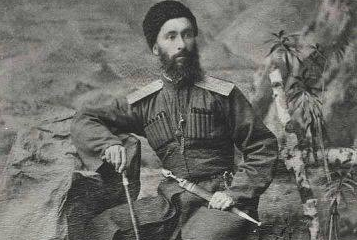
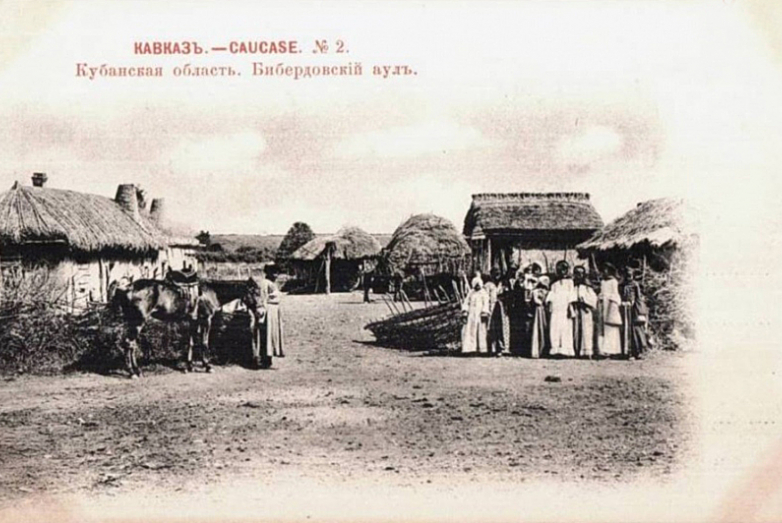
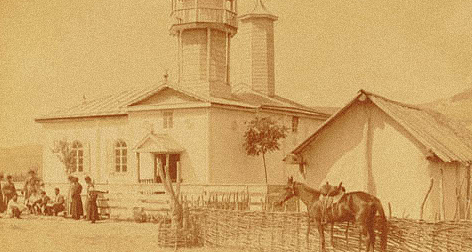
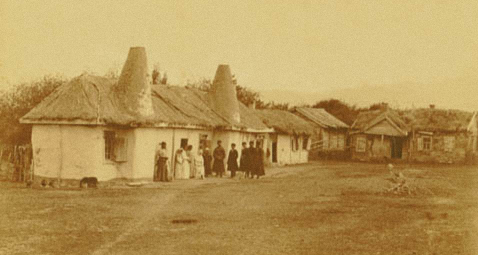
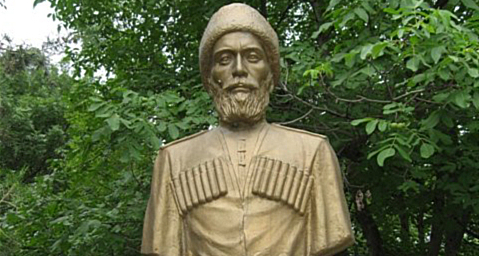
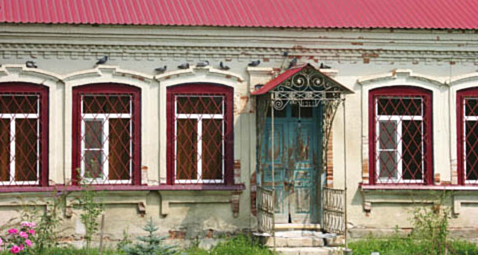
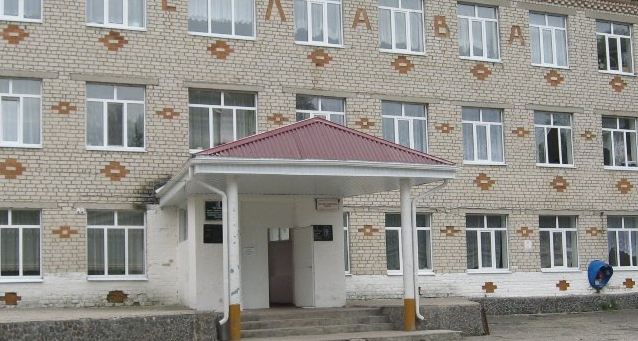
to login or register.